Mozambique: Two killed by terrorists in Muidumbe district - AIM report
Mozambique: Between angst and euphoria, more than 1,000 attack survivors arrive in Pemba – photos

The Mozambican security forces maintain a strong presence around the port, and each passenger is registered and searched before being handed over to the humanitarian teams receiving them. 8 Photo: Lusa]
- Government is screening them to prevent infiltration by armed groups
Bebiana Cristovão, 40, shouts the name of her sister, Juliana, and embraces her so enthusiastically that she almost throws her to the ground. They hug each other and weep uncontrollably at the port of Pemba, in northern Mozambique.
The 1,200 people displaced by the attack on the 24th of last month in Palma, who took refuge near the gas projects in Afungi and were transported to Pemba on a ship chartered by Total, began to disembark on Thursday.
It is the largest single arrival of displaced civilians from Palma to a location outside the conflict zone.
Contact had been lost with the village for more than a week, and the thousands of people who gathered at the port on Thursday wanted to know if their relatives and friends were alive or had died in the armed attacks.
Juliana Ambrósio, 34, returned home alone because the rest of her family – her husband and siblings – were unable to board, still among the “many, many people” still taking refuge in Afungi.
“I hope that boat goes back”, transporting those still hiding from the armed insurgents roaming just half a dozen kilometres away.
Lusa tried to contact Total on the subject of whether more displaced people would be evacuated, but with no immediate response.
“My cousin died [in the attack],” Juliana says. “I lost a lot of people.”
Not even the rain that begins to fall in the middle of the morning deters the crowd in the port.
Rosa Manuel, 33, is greeted by a volunteer who welcome her, give her water and biscuits.
“As were leaving work, we found people running anyway,” is the image she retains of the day of the attack.
“We fled into the bush,” and the rest is an account that many of those who arrive in Pemba relate: fleeing from death, a desperate escape through the darkness where only shots could be heard.
There were dead bodies in the town, “next to Bonati (the contractor) and on the beach” where they were waiting for rescue, the survivors report. Even there, “they also died” at the hands of rebels, shouting after the fleeing population.
“They started calling: ‘Come here! come here!’ Some people fled, others stayed. They took children, boys, women and went off with them,” she describes.
Gafuro Manana, an activist, highlights the trauma evident in the stories of those who arrive. “Just look at their faces,” he stresses, their pain piling on top of physical ailments like dehydration and weakness.
The Mozambican security forces maintain a strong presence around the port, and each passenger is registered and searched before being handed over to the humanitarian teams receiving them.
The lengthy process, which promises to drag out over the whole of Thursday, is justified by security risks and the fear of insurgents infiltrating the displaced population.
Thousands will have to wait to find out if their relatives are still alive or among the casualty count, still unknown but worsening each passing day with the details revealed by those who fled.





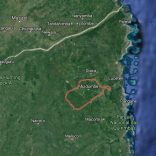
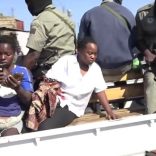

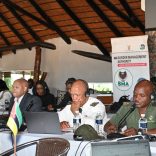
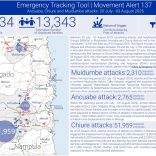
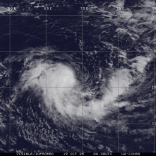



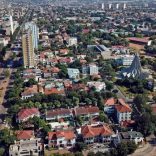
Leave a Reply
Be the First to Comment!
You must be logged in to post a comment.
You must be logged in to post a comment.